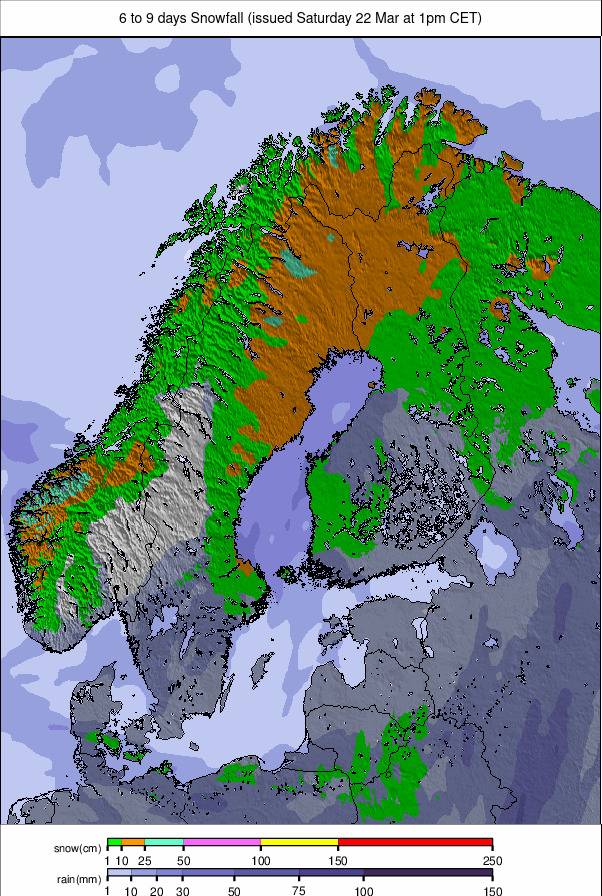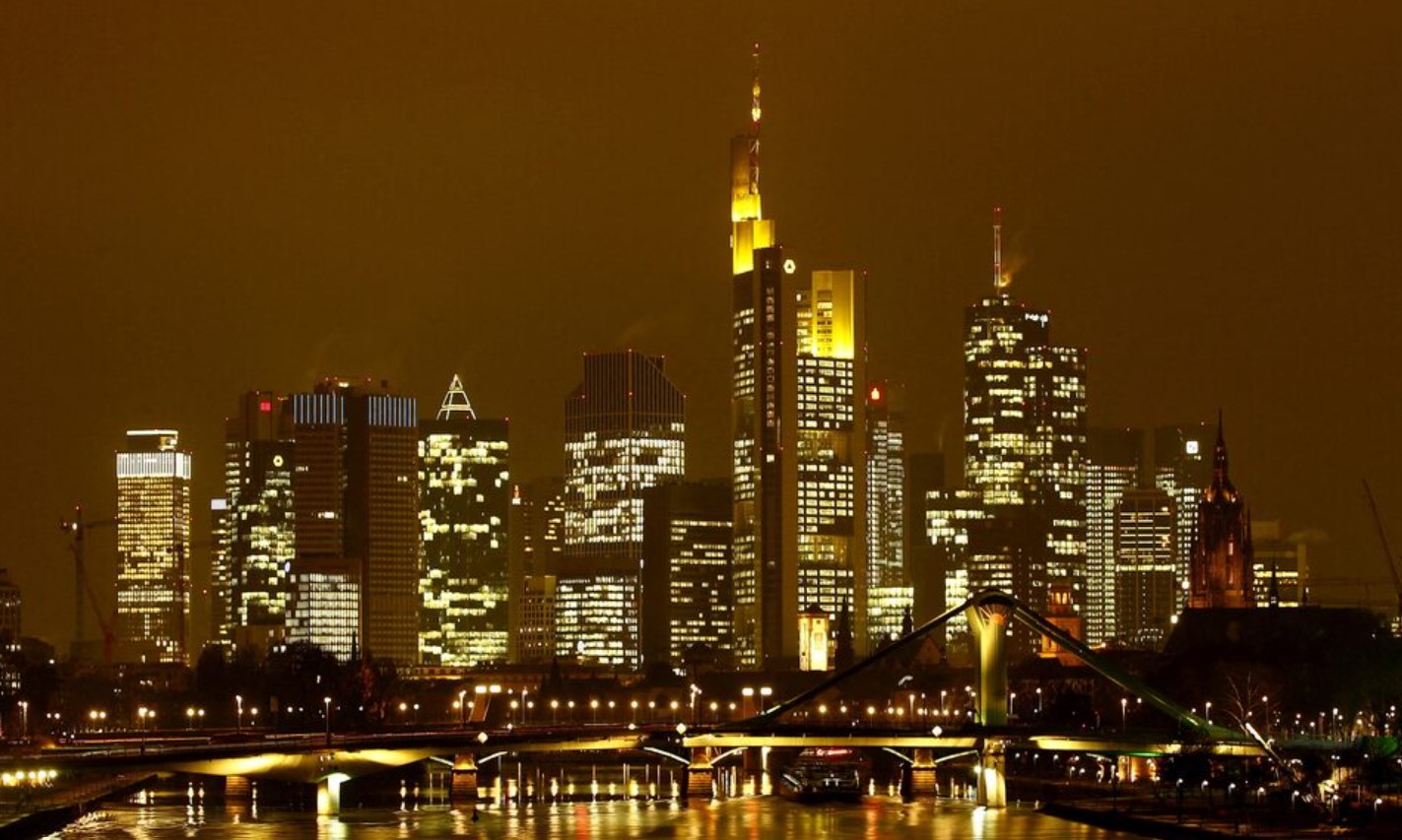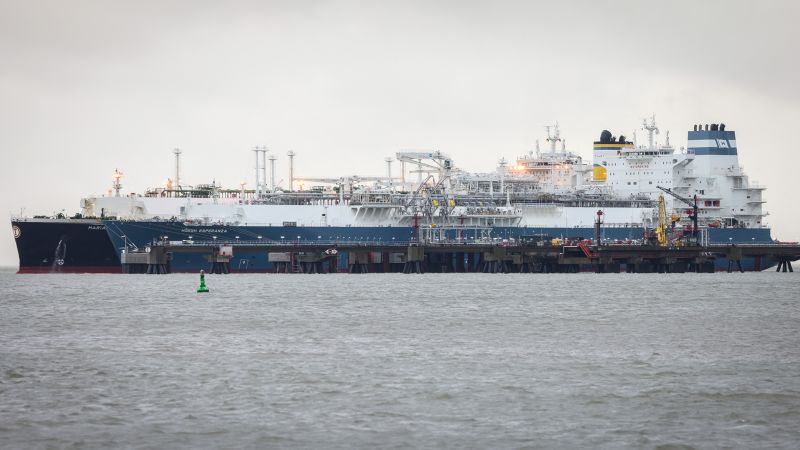Sports
Europe Weekly Roundup #252

(Updated 31 July 2024) A comprehensive review of snow conditions, weather, and updates for Europe’s winter sports destinations.
France’s Slopes Go Quiet Until Winter as Tignes Wraps Up Early
- The number of open glacier ski centres in the Alps has dropped to four, with snow depths and available terrain continuing to decrease due to warm temperatures.
- France will have no open ski areas until Val Thorens begins its 2024-25 season in late November, following the closure of Tignes.
- Scandinavia’s Fonna Glacier has closed early, leaving Galdhøpiggen as the only open centre in Scandinavia, but it too will soon limit access to professional teams due to snow cover concerns.
THE ALPS REPORT
With Tignes ending its summer glacier ski season last week, we’re down to four centers still open for snow sports in Austria, France, and Italy. No ski area is due to open in France again for nearly four months now, until Val Thorens starts its 2024-25 season in late November. Of the four centres still open, snow depths are noticeably dropping week by week, as is the amount of terrain each center has available. Some stormy, wet weather at times has also played a part. Temperatures have reached as high as +8°C at 3,500m, accelerating the summer thaw even at the highest altitudes and raising concerns that some centres will have to close temporarily in August and September, as has happened in recent years if the current warmth continues. Hintertux’s base is down from over two meters, and its terrain is down to 16 km (10 miles) from 20 km (13 miles). It is currently the only centre open in Austria. In Switzerland, Saas Fee (0/300 cm / 0/120”) has the country’s (and Europe/Northern Hemisphere’s) deepest base, with about 10 km (6 miles) of slopes open. Zermatt (0/150 cm / 0/60”) reports slightly more terrain open. It remains open from Cervinia over the Italian border as well. Finally, Italy’s Passo Stelvio (0/200 cm / 0/80”) is also still open, although its open terrain has decreased slightly to 4 km (2.5 miles). Although the number of glacier ski areas aiming to open in September has decreased to just one, compared to over half a dozen just five years ago, it is now less than two months until the planned start of the 2024-25 season at the Pitztal glacier, Austria’s highest slopes.
THE ALPS FORECAST
There is not much change in the forecast for the latter half of the week, with the freezing point staying stubbornly above 4,000m—above all summer ski slopes. Some precipitation is forecast, but it’s more likely to be rain rather than snow showers at high elevations under the current conditions. There are signs of a temperature drop back below freezing and some potential snowfall on glaciers over the weekend, but it’s still too early to be certain.
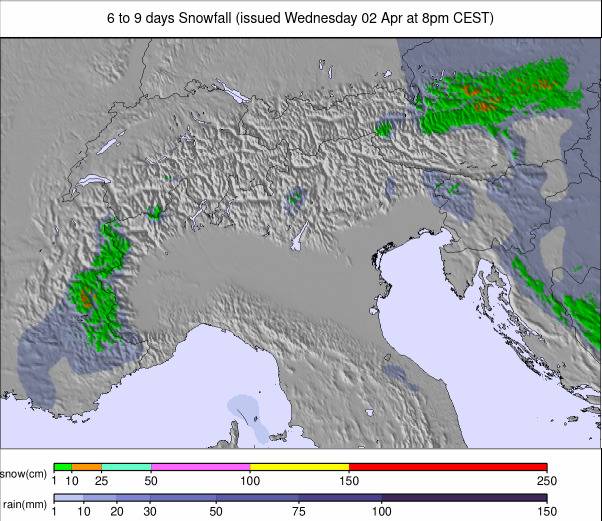
SCANDINAVIA REPORT
Norway’s Fonna Glacier ended its season a day earlier than announced, closing its 2024 season to the public on Saturday rather than Sunday, although it remains open to race teams for training. This leaves only Galdhøpiggen, also in Norway and with Scandinavia’s highest slopes, as the only centre open in Scandinavia. However, on Thursday last week, it announced: “For safety reasons, we remain open only for professional ski teams from 1 August. We will open to everyone when more snow comes in October.” Galdhøpiggen is due to remain open until early November, but in recent summers it has closed for periods in August and September due to summer heat impacting the glacier’s snow cover.
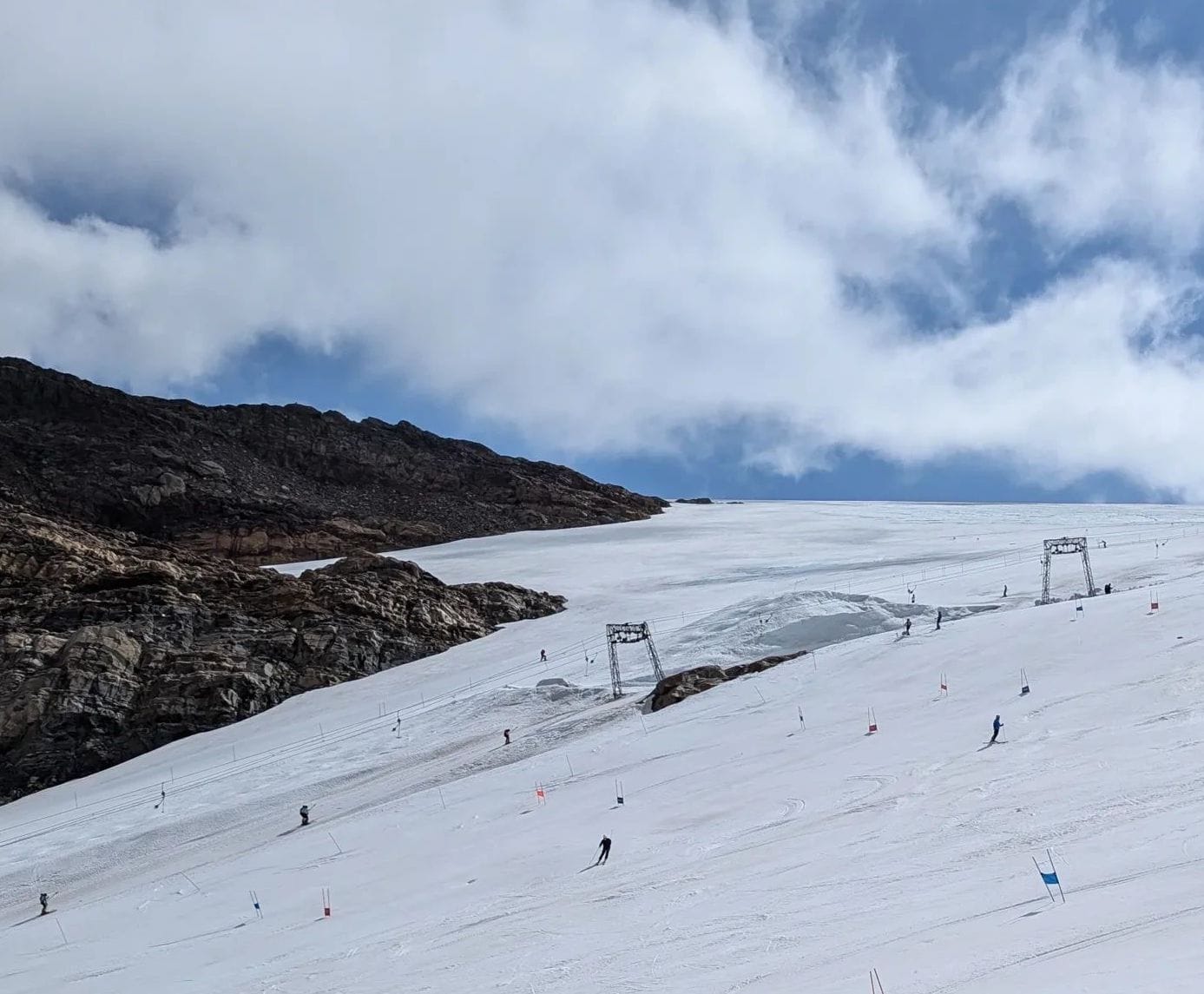
SCANDINAVIA FORECAST
There have been some rain, sleet, and snow showers on Scandinavian glaciers this week, and that will continue for the week ahead, although it’s predominantly dry. Daytime temperatures have reached +10°C, accelerating the thaw, but overnight lows have still been close to freezing and will continue into August. Sunday will mark two months until the 2024-25 season is due to start on October 4th at Levi and Ruka ski areas in Finland.
